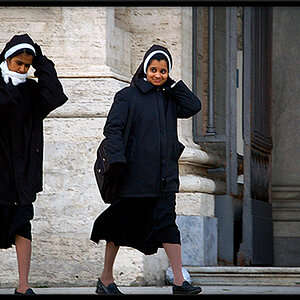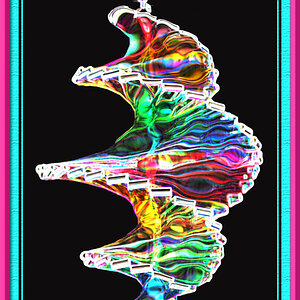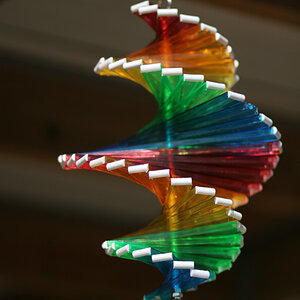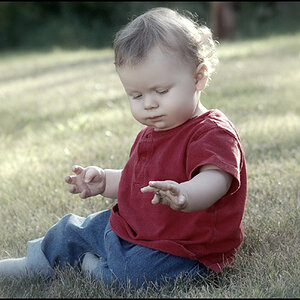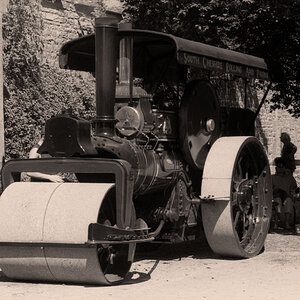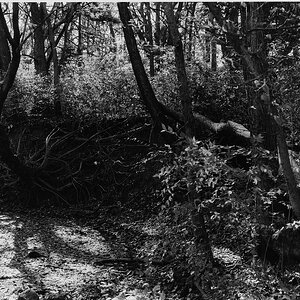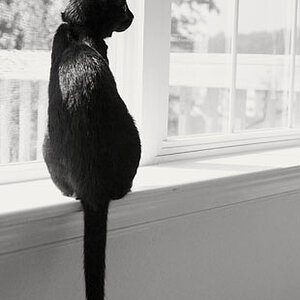Thru_These_Eyes
TPF Noob!
- Joined
- Jun 11, 2007
- Messages
- 138
- Reaction score
- 0
- Location
- Ann Arbor, MI
- Can others edit my Photos
- Photos OK to edit
I don't own a handheld meter, and I am a little embarrassed to admit that I don't find myself concerned with metering because I take a lot of test shots and I bracket a lot...but I don't meter because like I said above, I don't own a meter, and the other is because I don't understand the in-camera light meter AT ALL. Anyone have some insight to this problem? I am seeing more and more people talk about metering and I am beginning to think that maybe my photographic life could be a lot more simplified if I learned how to use it and understand it. Thanks in advance! =)




